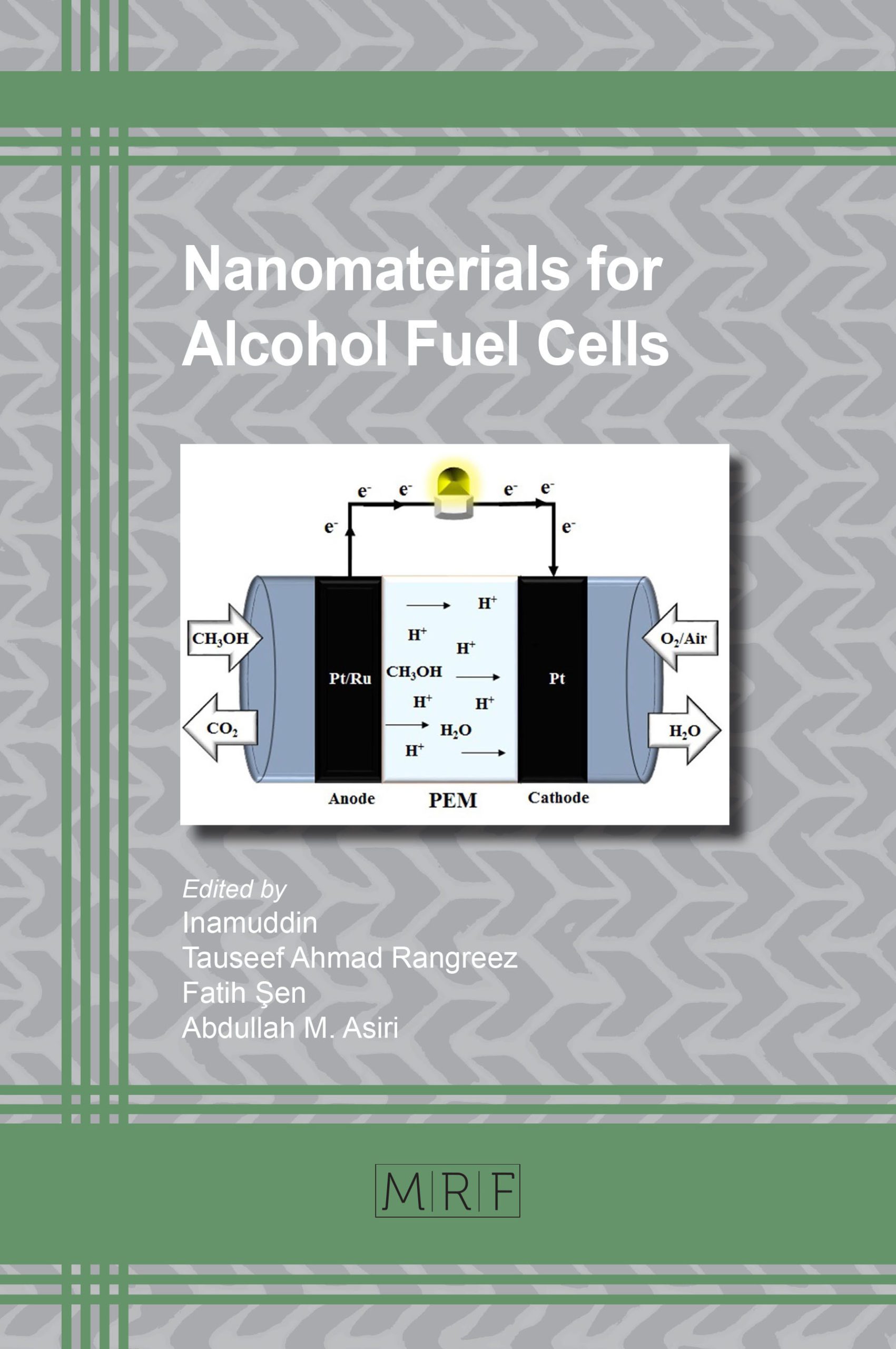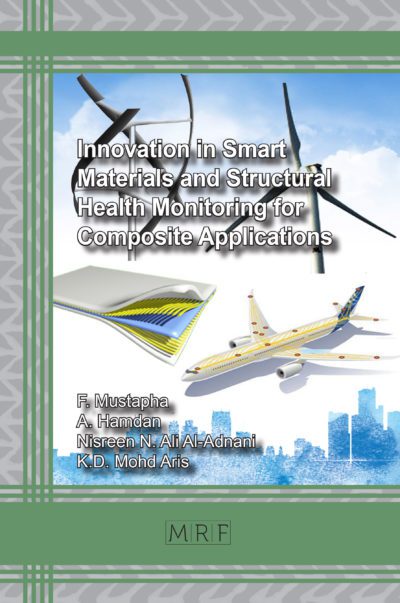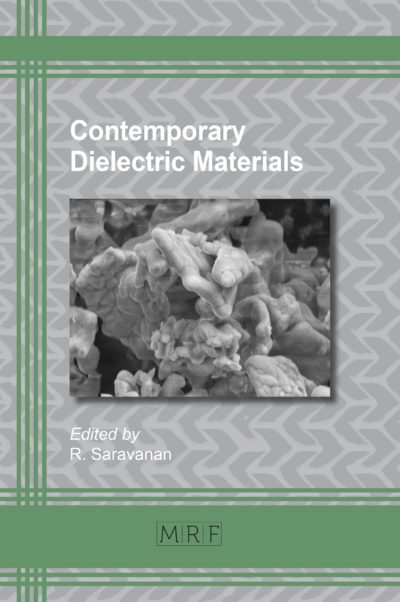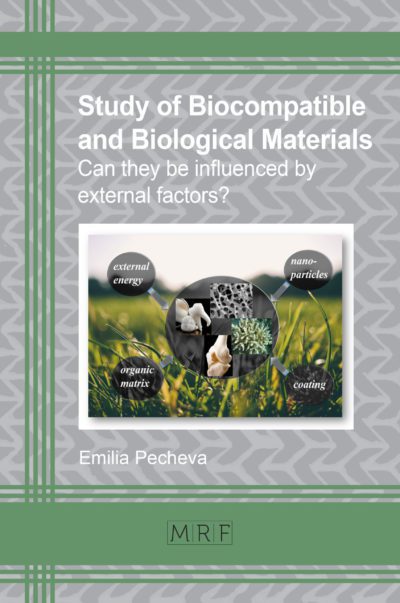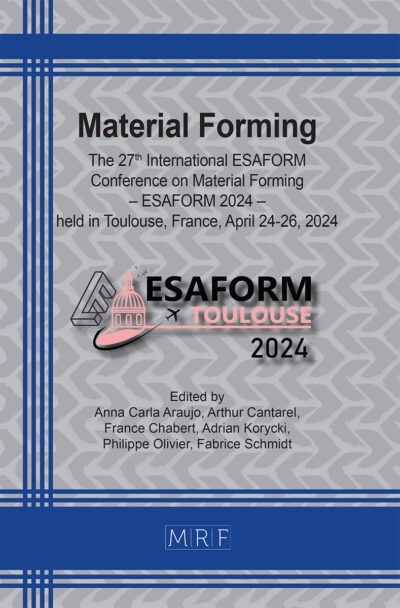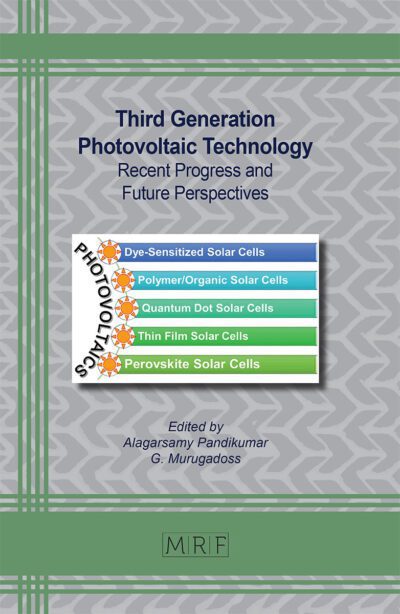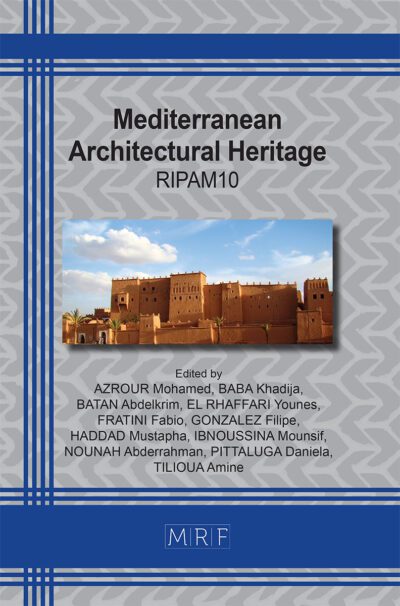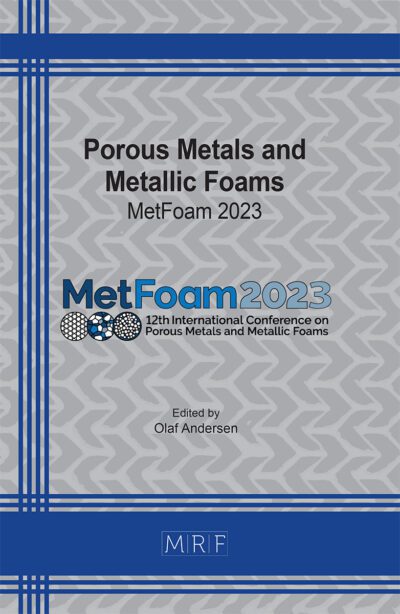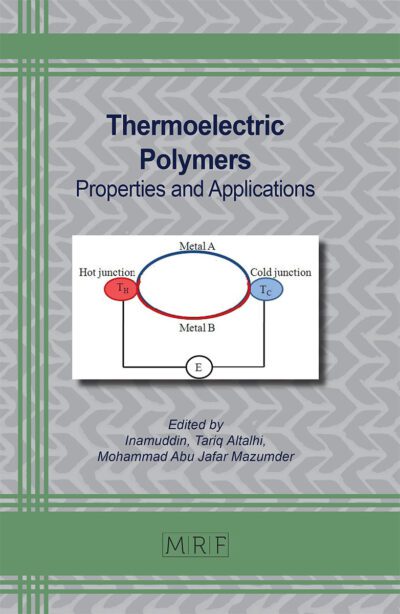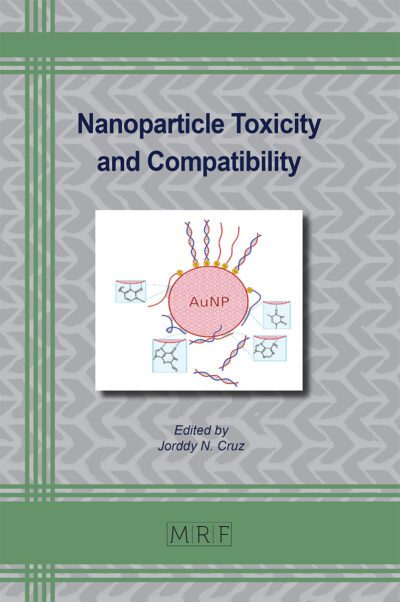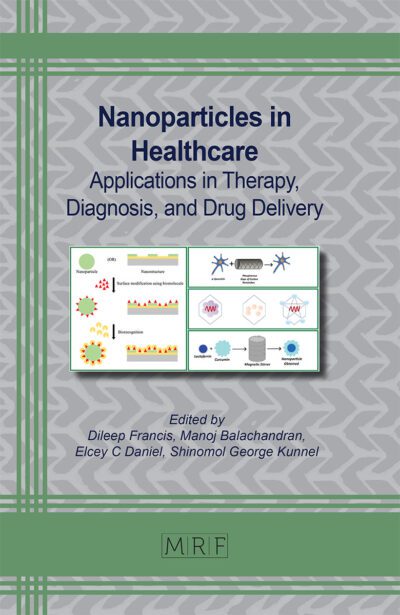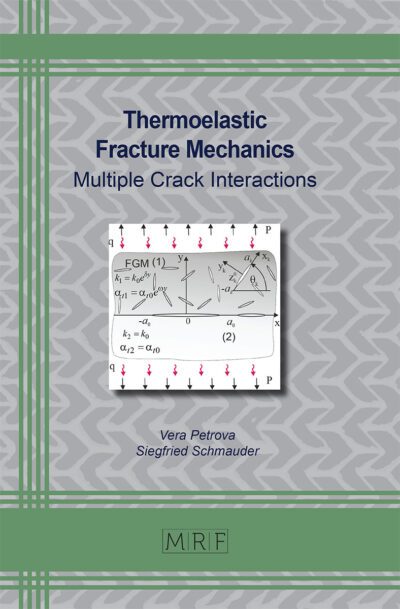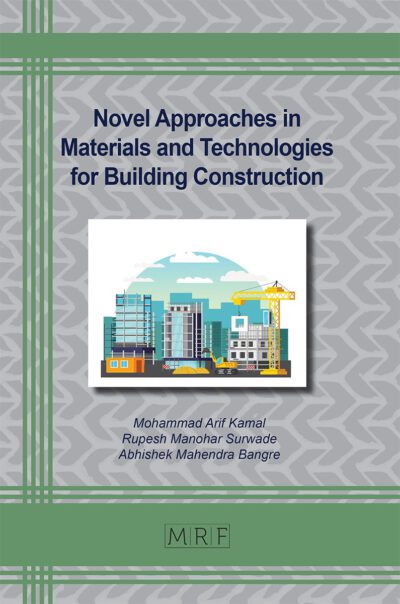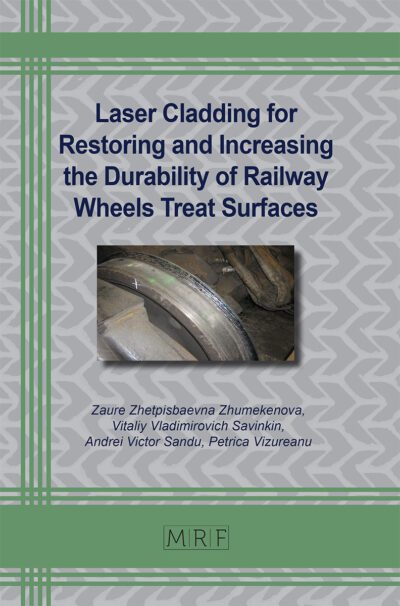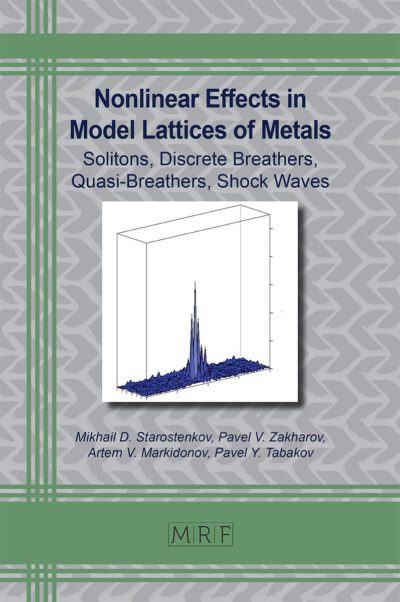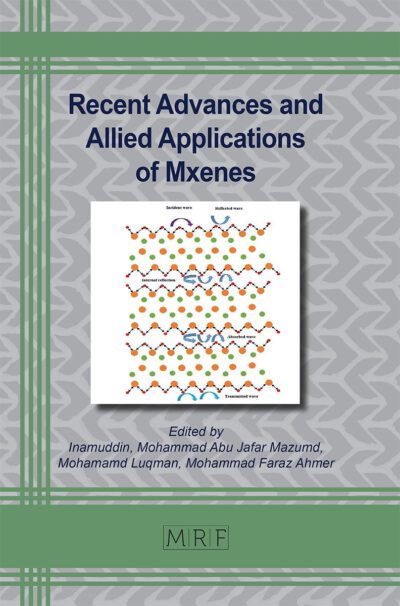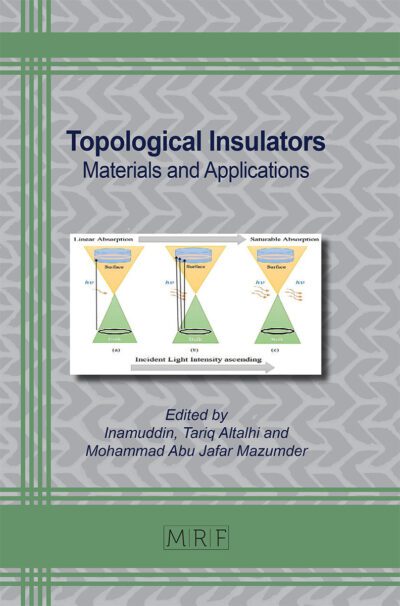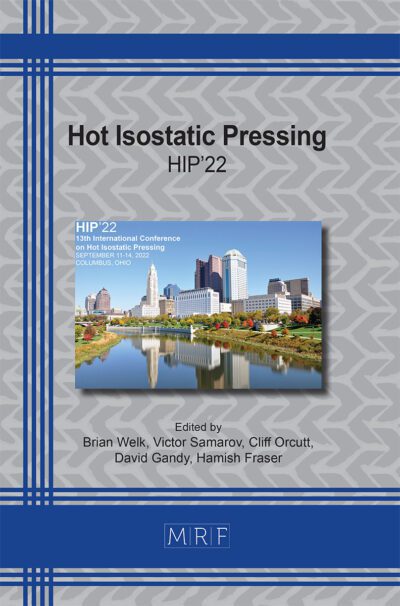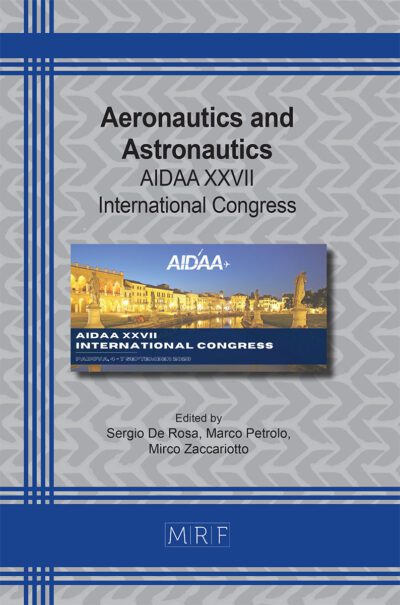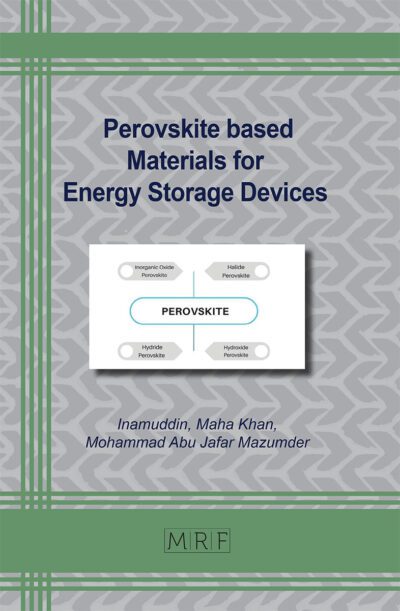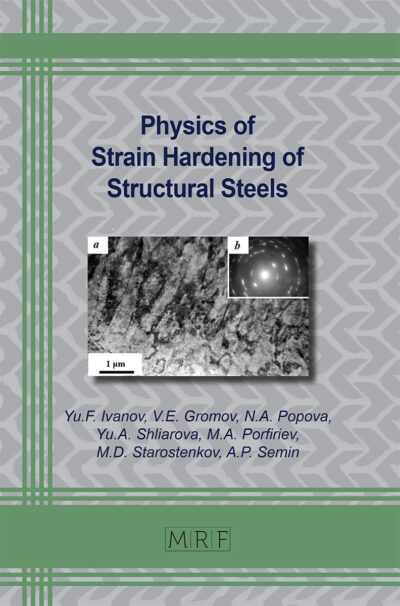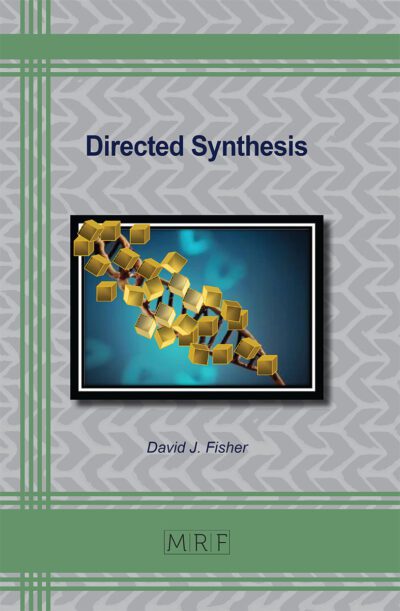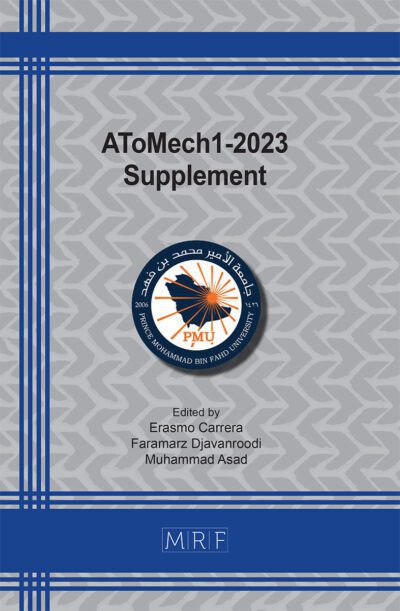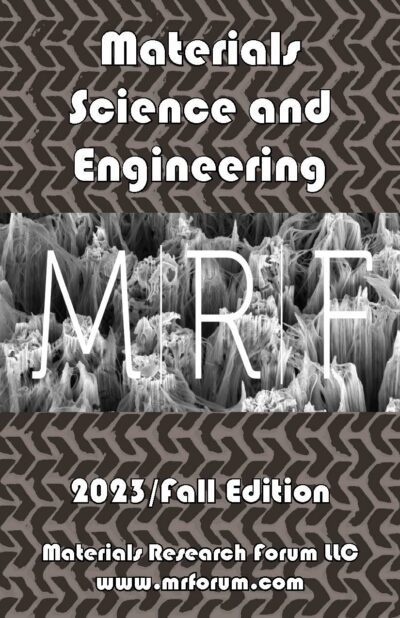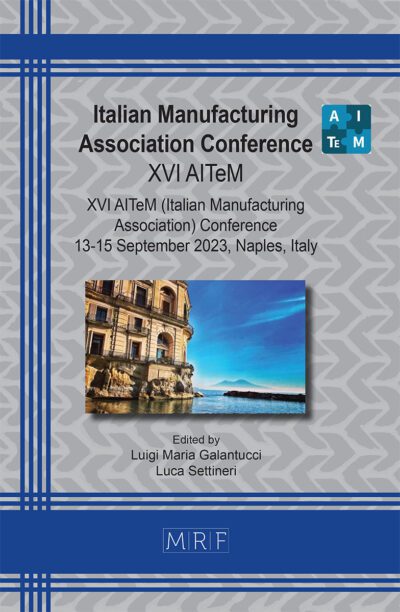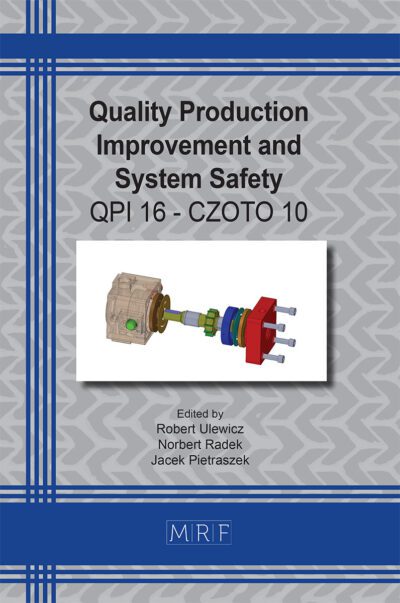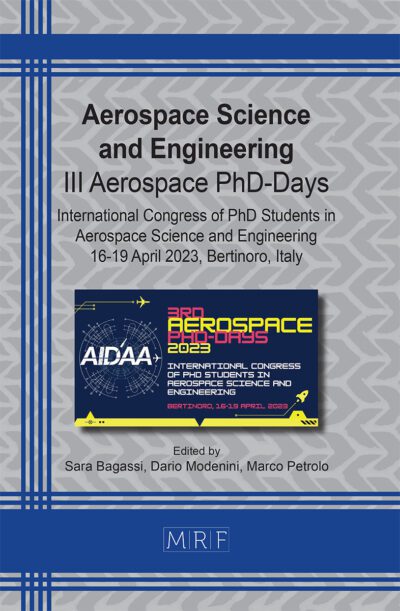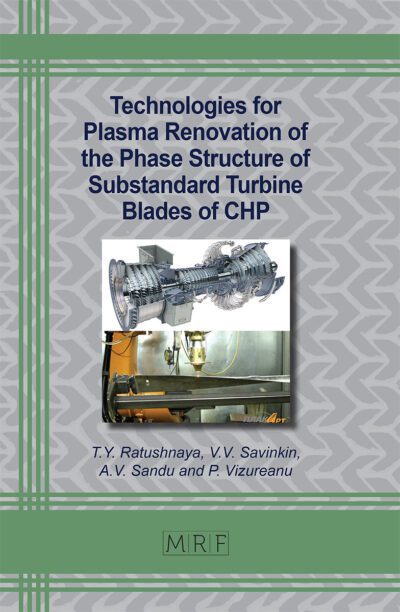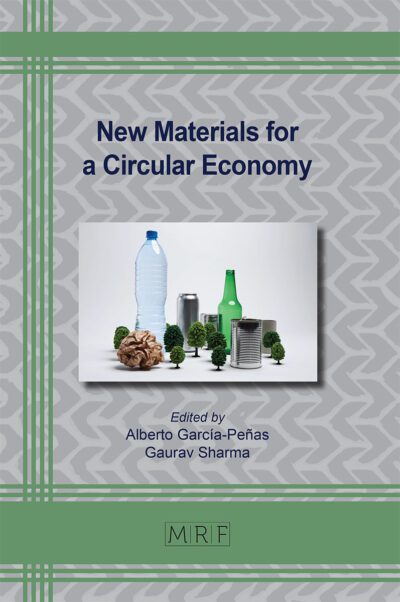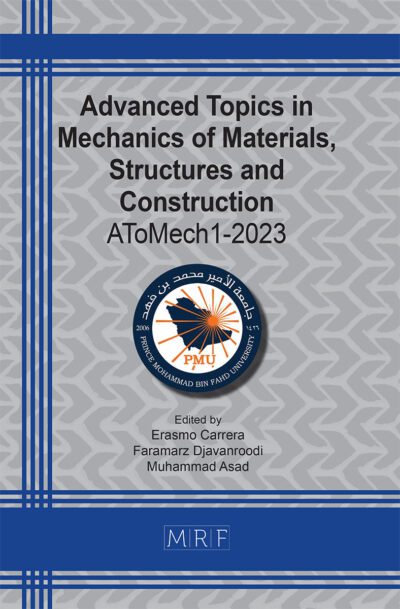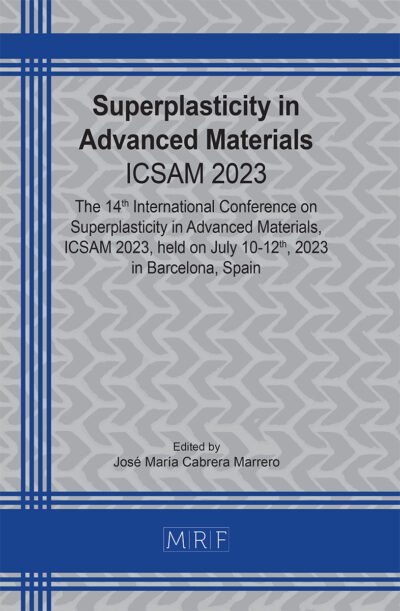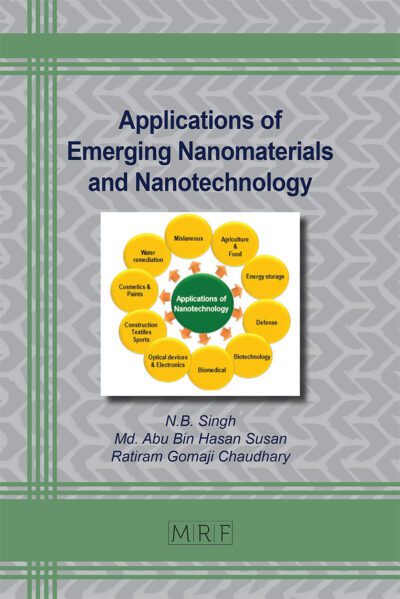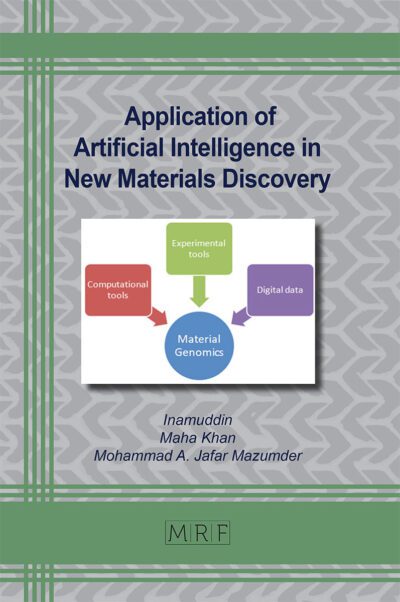Nanomaterials for Alcohol Fuel Cells
Eds. Inamuddin, Tauseef Ahmad Rangreez, Fatih Şen, Abdullah M. Asiri
Materials Research Foundations Vol. 49
Publication Date 2019, 398 Pages
Print ISBN 978-1-64490-018-5 (release date May 25th, 2019)
ePDF ISBN 978-1-64490-019-2
DOI: 10.21741/9781644900192
Alcohol fuel cells are very attractive as power sources for mobile and portable applications. As they convert the chemical energy of fuels into electricity, much recent research is directed at developing suitable and efficient catalysts for the process. The present book focuses on pertinent types of nanomaterial-based catalysts, membranes and supports.
Keywords
Alcohol Fuel Cells, Direct Methanol Fuel Cells, Alcohol Oxidation, Nano-Catalysts, Carbon-Based Nanomaterials, Polymer Electrolyte Membranes, Nanomaterials for Oxygen Reduction, Polymer-based Nanocomposites, Electrocatalysts, Ethanol Electro-Oxidation, Proton Electrolyte Membranes, Methanol Oxidation, Polymer-based Nanocomposites, Trimetallic Nanoparticles
flyer
LinkedIn Post
Table of Contents
Carbon-Based Nanomaterials for Alcohol Oxidation
M.Selim Çögenli, A.Bayrakçeken Yurtcan
Carbon-Based Nanomaterials for Alcohol Oxidation
D. Yang
Nanocatalysts for Direct 2-Propanol Fuel Cells
M. Nacef, M.L. Chelaghmia, A.M. Affoune, M. Pontié
Polymer Electrolyte Membranes for Direct Methanol Fuel Cells
S. Mehdipour-Ataei, M. Mohammadi
Fabrication and Properties of the Polymer Electrolyte Membrane (PEM) for Direct Methanol Fuel Cell Applications
C. Moganapriya, R. Rajasekar, V. K. Gobinath, A. Mohankumar
Carbon Polymer Supports Hybrid for Alcohol Oxidation
M. Harikrishna Kumar, S. Mahalakshmi, K.V. Mahesh Kumar, P.Sathishkumar, C. Moganapriya, R.Rajasekar
Polymer Electrolyte Membrane Methanol Fuel Cells: Technology and Applications
P. Thomas, N.P. Rumjit, C.W. Lai, M.R.B. Johan
Nanomaterials for Oxygen Reduction Reaction
S. Mahalakshmi, S. Bhuvanesh, R. Aravindan, K.S. Abisek, M. Harikrishnakumar, R. Rajasekar
Polymer-based Nanocomposites for Direct Alcohol Fuel Cells
S. Ghosh, R.N. Basu
Advances in Electrocatalyst for Ethanol Electro-Oxidation
R. Chauhan, V.C. Srivastava
Proton Transport and Design of Proton Electrolyte Membranes for Methanol Oxidation
P.S. Kumar, S.K. Pal, R. Rajasekar, M.H. Kumar, A.M. Kumar
Role of Trimetallic Nanoparticles for Complete Oxidation of Alcohol to CO2
R. Imran Jafri, V. Acharya, S. Akshaya
https://en.wikipedia.org/wiki/Direct-ethanol_fuel_cell
About the editor
Dr. Inamuddin is currently working as Assistant Professor in the Chemistry Department, Faculty of Science, King Abdulaziz University, Jeddah, Saudi Arabia. He is a permanent faculty member (Assistant Professor) at the Department of Applied Chemistry, Aligarh Muslim University, Aligarh, India. He obtained Master of Science degree in Organic Chemistry from Chaudhary Charan Singh (CCS) University, Meerut, India, in 2002. He received his Master of Philosophy and Doctor of Philosophy degrees in Applied Chemistry from Aligarh Muslim University (AMU), India, in 2004 and 2007, respectively. He has extensive research experience in multidisciplinary fields of Analytical Chemistry, Materials Chemistry, and Electrochemistry and, more specifically, Renewable Energy and Environment. He has worked on different research projects as project fellow and senior research fellow funded by University Grants Commission (UGC), Government of India, and Council of Scientific and Industrial Research (CSIR), Government of India. He has received Fast Track Young Scientist Award from the Department of Science and Technology, India, to work in the area of bending actuators and artificial muscles. He has completed four major research projects sanctioned by University Grant Commission, Department of Science and Technology, Council of Scientific and Industrial Research, and Council of Science and Technology, India. He has published 133 research articles in international journals of repute and eighteen book chapters in knowledge-based book editions published by renowned international publishers. He has published forty two edited books with Springer, United Kingdom, Elsevier, Nova Science Publishers, Inc. U.S.A., CRC Press Taylor & Francis Asia Pacific, Trans Tech Publications Ltd., Switzerland and Materials Research Forum LLC, U.S.A. He is the member of various editorial boards of the journals and serving as associate editor for journals such as Environmental Chemistry Letter, Applied Water Science, Euro-Mediterranean Journal for Environmental Integration, Springer-Nature, Frontiers Section Editor of Current Analytical Chemistry, published by Bentham Science Publishers, editorial board member for Scientific Reports-Nature and editor for Eurasian Journal of Analytical Chemistry. He has attended as well as chaired sessions in various international and national conferences. He has worked as a Postdoctoral Fellow, leading a research team at the Creative Research Initiative Center for Bio-Artificial Muscle, Hanyang University, South Korea, in the field of renewable energy, especially biofuel cells. He has also worked as a Postdoctoral Fellow at the Center of Research Excellence in Renewable Energy, King Fahd University of Petroleum and Minerals, Saudi Arabia, in the field of polymer electrolyte membrane fuel cells and computational fluid dynamics of polymer electrolyte membrane fuel cells. He is a life member of the Journal of the Indian Chemical Society. His research interest includes ion exchange materials, a sensor for heavy metal ions, biofuel cells, supercapacitors and bending actuators.
Dr. Tauseef Ahmad Rangreez is working as postdoctoral fellow at National Institute of Technology, Srinagar, India. He completed his Ph.D in Applied Chemistry, from Aligarh Muslim University, Aligarh, India on the topic “Development of Nanostructure Organic-Inorganic Composite Materials based Sensors for Inorganic Pollutants”. He worked as a Project Fellow under the UGC Funded Research Project entitled “Development of Nanostructured Conductive Organic Inorganic Composite Materials based sensors Functionalities for Organic and Inorganic Pollutants”. He completed his Masters in Chemistry (Industrial Applications) from Jamia Hamdard, New Delhi. He has published several research articles of international repute. He has edited one book with Springer. His research interest includes ion exchange chromatography and biosensor.
Mohd Imran Ahamed is a Research Scholar at Department of Chemistry, Aligarh Muslim University, Aligarh, India. He is working towards his Ph.D. thesis entitled Synthesis and characterization of inorganic-organic composite heavy metals selective cation-exchangers and their analytical applications. He has published several research and review articles in the journals of international recognition. He has also edited three books published by Springer and Materials Science Forum, U.S.A. He has completed his Bachelor of Science (Chemistry) from Aligarh Muslim University, Aligarh, India, and Masters in Chemistry (Organic Chemistry) from Dr. Bhimrao Ambedkar University, Agra, India. His research work includes ion exchange chromatography, wastewater treatment, and analysis, bending actuator and electrospinning.
Prof. Abdullah M. Asiri is the Head of the Chemistry Department at King Abdulaziz University since October 2009 and he is the founder and the Director of the Center of Excellence for Advanced Materials Research (CEAMR) since 2010 till date. He is the Professor of Organic Photochemistry. He graduated from King Abdulaziz University (KAU) with B.Sc. in Chemistry in 1990 and a Ph.D. from University of Wales, College of Cardiff, U.K. in 1995. His research interest covers color chemistry, synthesis of novel photochromic and thermochromic systems, synthesis of novel coloring matters and dyeing of textiles, materials chemistry, nanochemistry and nanotechnology, polymers and plastics. Prof. Asiri is the principal supervisors of more than 20 M.Sc. and six Ph.D. theses. He is the main author of ten books of different chemistry disciplines. Prof. Asiri is the Editor-in-Chief of King Abdulaziz University Journal of Science. A major achievement of Prof. Asiri is the discovery of tribochromic compounds, a new class of compounds which change from slightly or colorless to deep colored when subjected to small pressure or when grind. This discovery was introduced to the scientific community as a new terminology published by IUPAC in 2000. This discovery was awarded a patent from European Patent office and from UK patent. Prof. Asiri involved in many committees at the KAU level and on the national level. He took a major role in the advanced materials committee working for KACST to identify the national plan for science and technology in 2007. Prof. Asiri played a major role in advancing the chemistry education and research in KAU. He has been awarded the best researchers from KAU for the past five years. He also awarded the Young Scientist Award from the Saudi Chemical Society in 2009 and also the first prize for the distinction in science from the Saudi Chemical Society in 2012. He also received a recognition certificate from the American Chemical Society (Gulf region Chapter) for the advancement of chemical science in the Kingdome. He received a Scopus certificate for the most publishing scientist in Saudi Arabia in chemistry in 2008. He is also a member of the editorial board of various journals of international repute. He is the Vice- President of Saudi Chemical Society (Western Province Branch). He holds four USA patents, more than one thousand publications in international journals, several book chapters and edited books.

